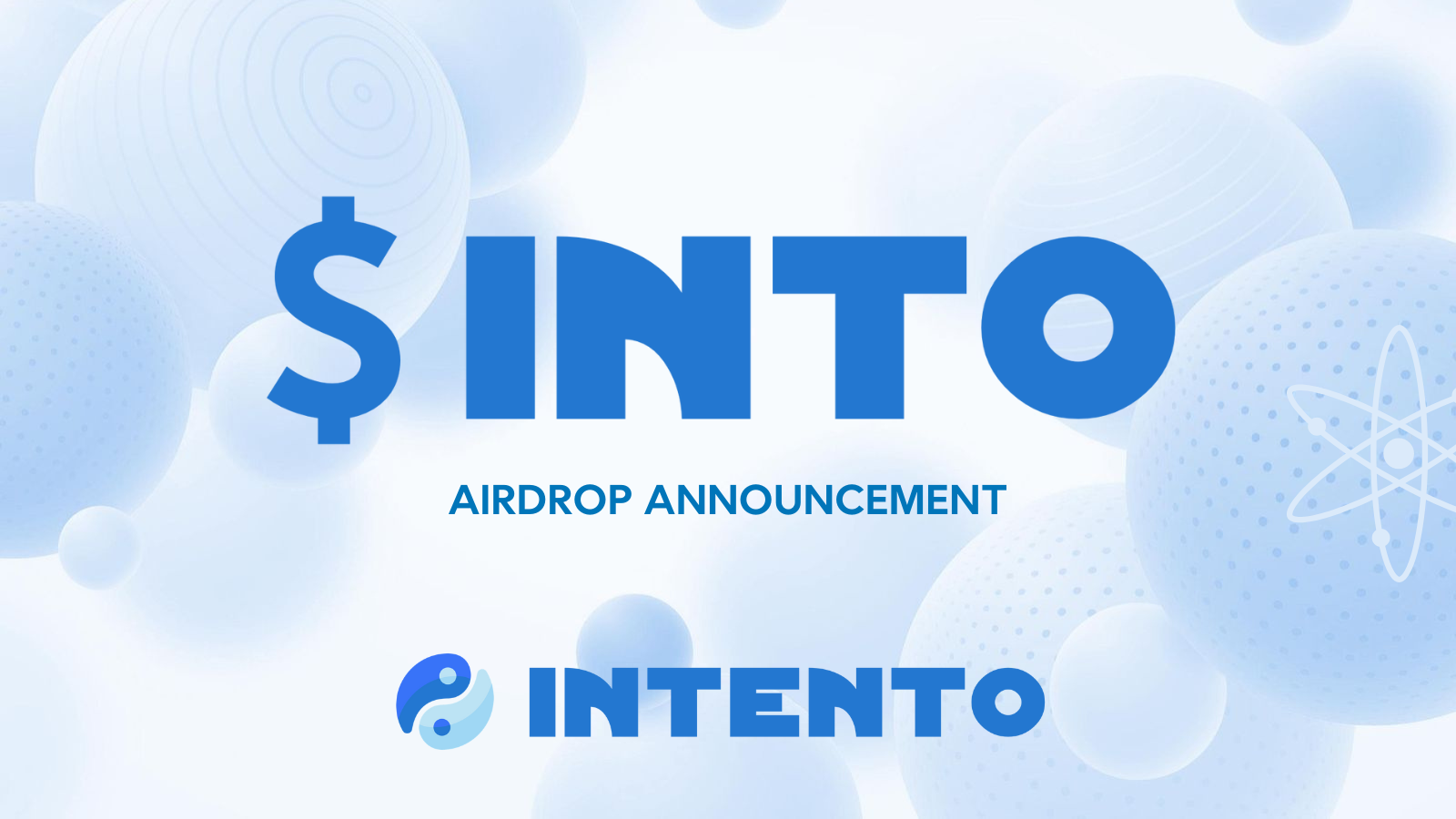In this post of our series on Intento, we dive into gas cost efficiency. With a comparative analysis, we check out the economic implications and advantages that position Intento as a transformative, long term viable force in the Web3 landscape.
Gas Cost Comparison
Gelato on Ethereum
Our analyisis begins with a critical examination of Gelato on Ethereum, a prominent player in the blockchain automation space. The protocol logic cost of 940,000 gas, coupled with a 20% protocol fee, brings the protocol costs per execution to about $50. This bot-based off-chain model introduces complexities and risks associated with the use of the proxy contract. The system is permissioned and thus uses trusted actors. Though it may not be the ideal solution from a security standpoint, Gelato is a practical solution for simple tasks that would normally require human intervention.
CronCat on Juno and Neutron
Further, we explore the execution costs associated with CronCat on Juno and Neutron. It is a similar off-chain bot system, but for chains in the Cosmos ecosystem that use CosmWasm. With total execution cost hovering around 720,000 gas, the breakdown reveals that the execution itself generally accounts for approximately 170,000 gas, so the protocol logic utilizes about 550,000 gas. This design appears to be more efficient than Gelato's but remains a system of off-chain actors that need to be incentivized.
Intento's intent module
As the focal point of our analysis, the Intent module has gas cost that we have tested to be as low as 90,365 gas. This stark contrast positions Intento as a frontrunner in gas cost efficiency, disrupting traditional models and setting a new standard for optimal resource utilization.
Using less gas allows the chain to process more actions, saves users money and enables them to perform actions on a higher frequency. With blocks 300M gas in size, the current systems could process at most 400 actions per block, and Intento’s design can process over 3000 actions, in a secure, decentralized way, making it the perfect system for actions on the interchain.
Advantages of Intento's module
- Full On-Chain Processing:Completely decentralized and permissionless action processing.
- Intento Portal: The portal to submit, view and update your actions
- Orchestration: Create complex interchain operations.
- Chain Agnostic: Designed for compatibility on connected chains and variousexecution environments (CosmWasm and EVM).
- IBC-Native: Specify coordinated actions across chains that are executed using IBC
- Modular and Secure: Utilizes Cosmos SDK modules, Dymension for settlement and Celestia for data availability.
- self-custodial Actions: Execute actions on your account on connected chains by granting permissions to a fixed action address.
- Cosmonaut GPT: Your personal agent that helps you specify your intent
A scalable and modular action orchestration solution
Intento's solution is highly efficient and scalable, especially combined with a modular stack. Hence, Intento can be a long-term viable solution for protocols and end-users that want to optimize their on-chain processes.
References
- https://etherscan.io/address/0x3caca7b48d0573d793d3b0279b5f0029180e83b6 Gelato Network main smart contract Ethereum
- https://etherscan.io/vmtrace?txhash=0x91bf0ded21dbd340972b8e3adc8f563f0daf50caf4926b36eab8b52128069d21&type=parity#decoded Decoded execution trace
- https://polygonscan.com/address/0x7506c12a824d73d9b08564d5afc22c949434755e Gelato user fees on Polygon are transactions with Method ExecWithSigs on Gelato contract. Indicative, non-exclusive as there are multiple 1Balance contracts
- https://www.mintscan.io/juno/tx/0B1241FD32B558FD6F7C3D732E0777604072F29B2C7834214CF4A6E734479946?height=8992293 Example execution of CronCat automation protocol - Juno
- https://www.mintscan.io/osmosis/wasm/contract/osmo15wq5q90exu89nanaynfxvmemznmrskazljug76deqmwxwlpszzmsgpctj4 CronCat manager - Osmosis
- https://neutron.celat.one/neutron-1/contracts/neutron1slv5plaz2hzsxhyz0uqlwsq6pg8yvruwkkgnsxylgwwagk7dqkas6kfwge/overview CronCat manager - Neutron
- https://www.mintscan.io/juno/wasm/contract/juno1s6wdujghgg0x62pky8mauyj4cz3pmzzd4jk7th2f9wgelmtgqhyssaeulx CronCat manager - Juno







